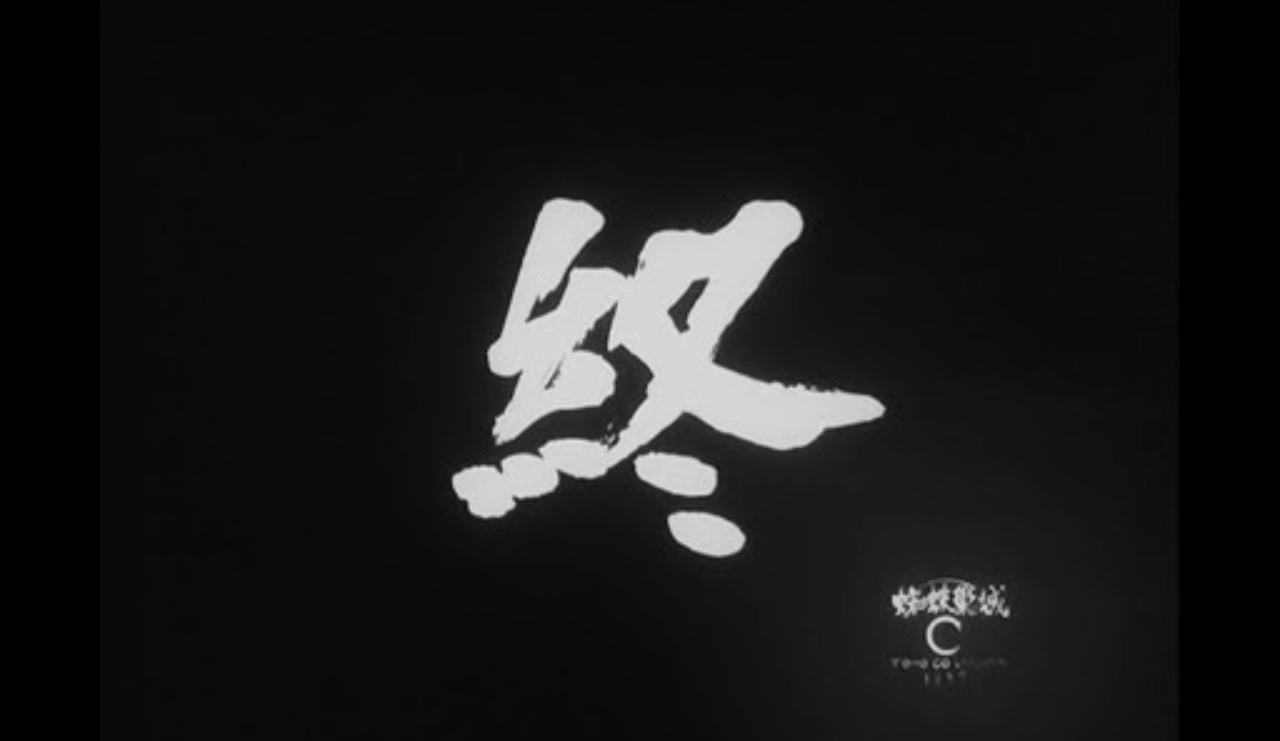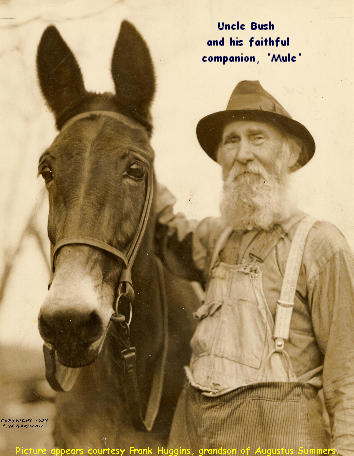Not necessarily an acronym, but here’s a fun one for Japanese: Laughing in Japanese is warau, which gets shortened when typing to just w. If you want to laugh a lot, you would type wwww. That ends up looking like a field of grass, so that in turn gets shortened into 草 (kusa, or grass). Basically, 草 is the Japanese equivalent of lol
Also, in Chinese, thank you is often abbreviated as 3q, because when you say it out loud, it sounds like “thank you” (san kyu)
I learned pretty quickly to avoid Mario Maker levels with “wwww” in the title.
So would saying “touch grass” in Japanese be almost the same as saying “go to a comedy show?” :p
In Thai, the number ‘5’ is pronounced like “haa”, so Thai people write 555 to signify laughter, similar to ‘lol’.
Also, in Chinese, thank you is often abbreviated as 3q, because when you say it out loud, it sounds like “thank you” (san kyu)
This is in Japanese too.
Hundreds of elden ring messages that just say “grass” or “time for grass” in random locations suddenly make sense now
In Korean, “Hahaha” sounds more like “kh- kh- kh-”, represented by, “ㅋㅋㅋ”
Assuming you mean texting style acronyms, yeah, we have them in German and I’d assume in other languages too.
Alongside the stuff borrowed from English 1:1, there’s stuff like bb for “Bis bald” (See you soon) or hdl for “hab dich lieb” (Love you)
I’d assume other languages do the same out of efficiency or laziness.
Yes. Here are some common ones in my native language, danish:
- pga: på grund af (because of)
- dvs: det vil sige (used for adding additional explaination)
- ift: i forhold til (in relation to)
I’m certain there are also some more modern slang abbreviations in use, but these change relatively frequently, like they do in English.
Those are official abbreviations that can be found in a dictionary.
The ones OP posted aren’t all official. TBH and SMH are official. IMO is internet slang.
There’s not a lot of consensus on internet slang abbreviations in Danish. It was more common back in the texting days, when all girls would end their messages with an S for “smiling”, SS for “smiling sweetly”, or KKK for “hugs hugs and kisses”.
Someone once made an index: https://www.telemarkedet.dk/sms-ordbog-sms-sprogets-forkortelser
I remember this GG ^^
And then you gotta type your smiley faces with a nose :-D
Good game or grin grin.
I always read it as *griner griner*, even though i know it was supposed to be griner godt lol.
I feel like the difference between good game and laughing would be the asterixes.
Is there also an abbreviation similar to Swedish m.v.h. (med vänliga hälsningar) or German MfG (Mit freundlichen Grüßen)?
Mvh. exist and is used commonly in Danish. It’s considered old-fashioned. The modern version is just Vh.
Question from a curious mountainmonkey: We have the same phrases and abbreviations up here, and is Danish equally as subject to people abusing “I forhold til” when they actually mean “I forbindelse med” or “med tanke på” ?
Yes, they’re abused and mixed up. Best writing practice is to avoid them, because these phrases can often be left out in the first place or at least written more clearly.
French :
ftg : ferme ta gueule (shut it) ntm : nique ta mere (fuck your mom) slt : Salut (hello) cv : ça va ? (How are you?) ptn : putain (fuck) srx : sérieux (really?) jpp : j’en peux plus (I’m fed up)
I love that you started with the insults mdr
A regular French thing I guess
Don’t forget rsvp!
RSVP is more prevalent in the US (and the english speaking countries) than in France ;)
Well TIL. Thanks!
In Portuguese we don’t use many acronyms, but we have shorter versions of words with the vowels removed or things like that. When people tried to use acronyms we ended up with “fds” which some people read as weekend, others read as “fuck it”. The only other acronyms I can think of right now are all for offenses such as fdp (son of a bitch) and cdf (“ass of iron”, very old term for calling someone a nerd).
I don’t speak French natively but I happen to know their version of lol is “mdr”, short for mort de rire (dying of laughter)
ex-USSR early rusophonic internet had a lot of original and transliterated ones but I rarely see them nowadays, and most are community-specific. Some didn’t carry over, some replaced by chat stickers, and the writing\reading of longer posts itself seems like a niche now when there are audio and video messages at hand. Add there that the web space I talk about is now also fragmented and occupied by bots\dummies due to the war and many sites for international communication on russian lost a big part of frequent posters\mods and later effectively musk’ed themselves.
Those I’ve heard the last:
imo > кмк > как мне кажется > what I suspect is bf > мч > молодой человек > young partner wtf > чзх > что за хуйня > what's a dickshit idk > хз > хуй (его) знает > dick knows (that)A lot of newer words I googled after hearing it from kids came from TikTok and they are mostly translations of trends carried in by local influencers.
I’ve been saying it for years, what is a dickshit?
In Russian? There are like five basic words you make your obscene lexics from (like ‘fuck’ in English), and хуй (khooy) is one of them, meaning dick, and хуйня (khooy-nya) is a thing related to a dick in a bad way, like a borked project or a complicated situation, while not having a direct translation on it’s own. Something like, ehm, a dick-thing? as it’s a noun, just like хуета (khu-e-tah), meaning the same. There are also an adverb хуёво (khoo-yovo) meaning something isn’t going great, and забил хуй (zah-beel khooy) when you discarded your dick in that situation and don’t give a fuck about what’s going on.
Many of them you can hear on the recordings from the ongoing war.
I’m not sure I’ve understood you correctly, so you can specify what you want to know.
My post was mainly a joke, however, I find your comments extremely interesting and well worded.
That last example “забил хуй (zah-beel khooy)”. I find very amusing and I can grasp the feeling. Google translates it literally to being “Hammered the dick”.
Is that accurate?
I think slang and vulgar terms are fascinating and tell a lot about the culture that produced them. I even go so far as to say, swearing is one of the most illuminating things there is to language.
Thank you so much for sharing!
Speaking of the ongoing war, did you catch this video?
https://www.reddit.com/r/ukraine/comments/y5l3vi/ukrainians_intercepted_communication_between/
(Sorry for the Reddit link, it’s the only place I’ve seen it.)
How would you rate the translation of the subtitles?
I’d say хз (the last one) is still used very commonly, but the rest are a bit outdated and I barely see them anymore.
Another thing I thought was outdated but some of my friends use is shortening common words. “I like” would be “мне нравится” and some people save themselves a second and write it like “мне нрав”.
And another thing I just thought of is “etc” equivalent in Russian, “и т.д.”, this one is used officially in documents etc, it’s a shortening of “и так далее”, literally “and so on”. And some people simplify it further by writing “итд” without spaces and dots.
A French one is common enough that it’s used in English- “Répondez, s’il vous plaît” (Respond, if you please) is where we get RSVP. “SVP” is also sometimes used as a shorthand for “please”, at least in Quebecois.
There’s loads, I’m kind of blanking but MDR (mort de rire) comes to mind as the lol equivalent. I think you guys in Quebec don’t use it though correct me if I’m wrong. I married one of yours but I’m still missing a lot of the day to day things.
It’s sometimes used here, I think it depends how English you are. I just use “lol” but my fiancée does use “mdr” with other French speakers.
In Thai they’ll text 555 for hahaha as 5 sounds like ha in Thai
I just wanna throw in French‘s s.v.p. for s’il vous plait, “please“, and German’s valediction MfG for Mit freundlichen Grüßen, “with best regards/wishes/greetings”.
The latter is disappearing again I think. It was actually meant as a parody in a very popular 1999 song about German acronymization madness by the rap group Die Fantastischen 4. Somehow people then thought it was okay to use it in adult correspondence.
Or even more obvious, RSVP
n.r.p.s.v.p.
In Denmark and Norway the “with best regards” acronym is healthy and well, and I doubt it’ll disappear any time soon.
Mvh Aasatru
In Spanish there’s some things like “xq” instead of “por qué/porque” but it was only used in SMS messaging to use less characters. If someone talks to me like that I won’t reply, it just doesn’t have the same vibes as in English.
…which makes me kind of a hypocrite for using “obv” for obviously (obviamente).
A few more in case anyone is interested:
- Tkm Te quiero mucho, I love you
- Ntp No te preocupes, don’t worry
- Tlj Te lo juro, I swear (to you)
- Cdt Cuídate, take care (of yourself)
- Tki Tengo que irme, I gotta go
Spanish bases its texting slang around phonetics, instead of the English way of the first letter of the word
Alv (a la verga).
Npi (ni puta idea)/ no fucking clue
plp - pa’ la pinga, to the dick, fuck it (as in whatever)
Alabad La Virgen
Curious, I’ve never seen ntp, but I’ve heard and used “ntr” (no te rayes), which means the same.
For anyone else who is curious but doesn’t already know “por qué” = “because”.
Por qué means why. Porque means because ;)
Thats what get for using google translate.
Thanks for correcting!
Por que?
Porque.
Por que?!
Porque.
¡Te pregunto quién sale primero!
(I don’t know spanish)
And that’s why we say “porque sí” and not just “porque”. It’d be so confusing! :P
It’s confusing enough, we actually have 4 different forms:
-
Porque (because)
-
Por qué? (why?)
-
(el) porqué: the reason why
-
Por (el/la/lo) que: I don’t think this is used anymore without the article, but some linguist correct me please.
Most people don’t know how to use the latter two, even I am still confused about the last one.
-
é é é é é feel free to take as many as you need
Absolutely. The German term equivalent to writing “Sincerely,” at the end of letters is “Mitt freundlichen grußen,” and it was (is?) often written as “M.f.G.” There’s even a song by the German pop/rock band Die Fantastischen Vier titled “M.f.G.” The lyrics are almost entirely various abbreviations (here’s a version of the song with the lyrics, but not the video).
Also usw for “und so weiter” - etcetera.
Nepali has quite a few.
का. म. पा. (Ka ma pa) - Kathmandu Mahanagar Palika - Greater Kathmandu Metro.
मा. प. से. (Ma Pa Se) - Madak Padartha Sewan - directly translates to taking of illicit substance but is used to describe DUI
ने. बि. (Ne Bi) - Nepal Bidhyarthi - Nepal student (Association)
भु. पु. (Bhu Pu) - Bhoot Purva - Past/previous.
There are more that I’m blanking out on right now.
Updoot for nepali
The only Hindi acronyms that I know of are offensive. There’s mc, which stands for madarchod (motherfucker), and bc, which stands for behenchod (sister fucker).
There’s also the rarely used AMJ, Hindi equivalent of TIL, used on the Hindi version of r/todayilearnt (r/aajmainejana).
Of course! In Greek we say ΓΤΠ and sometimes anglicise it a gtp. It directly translates “for the dick” which means something is rubbish.
We sometimes shorten γαμώτο (fuck) το ‘γμτ’
















